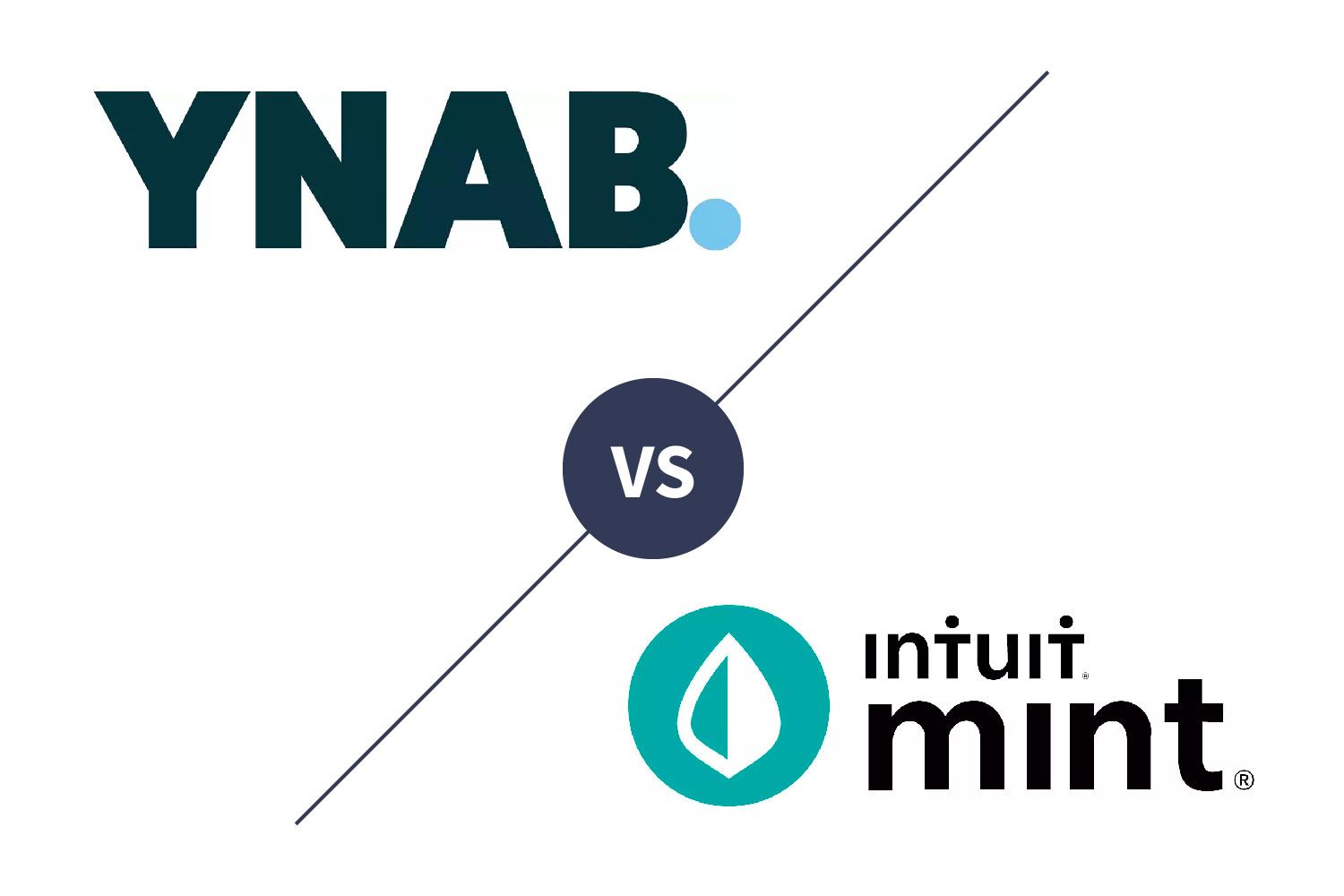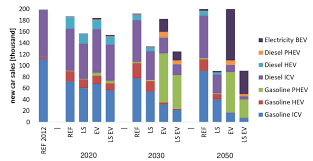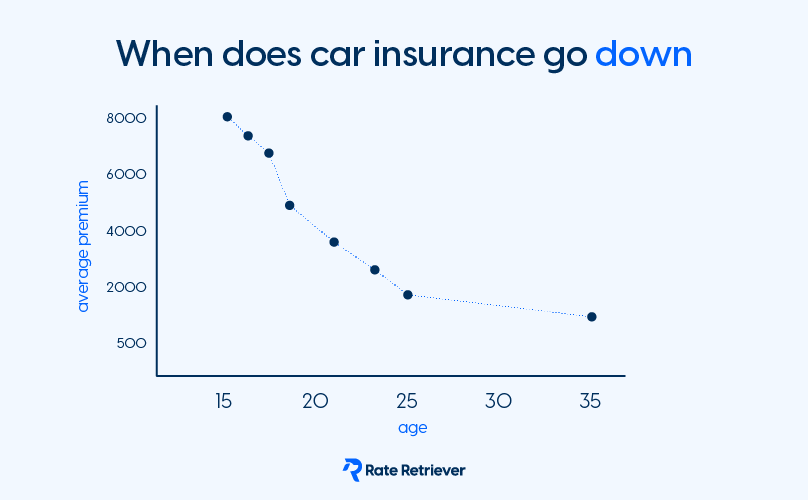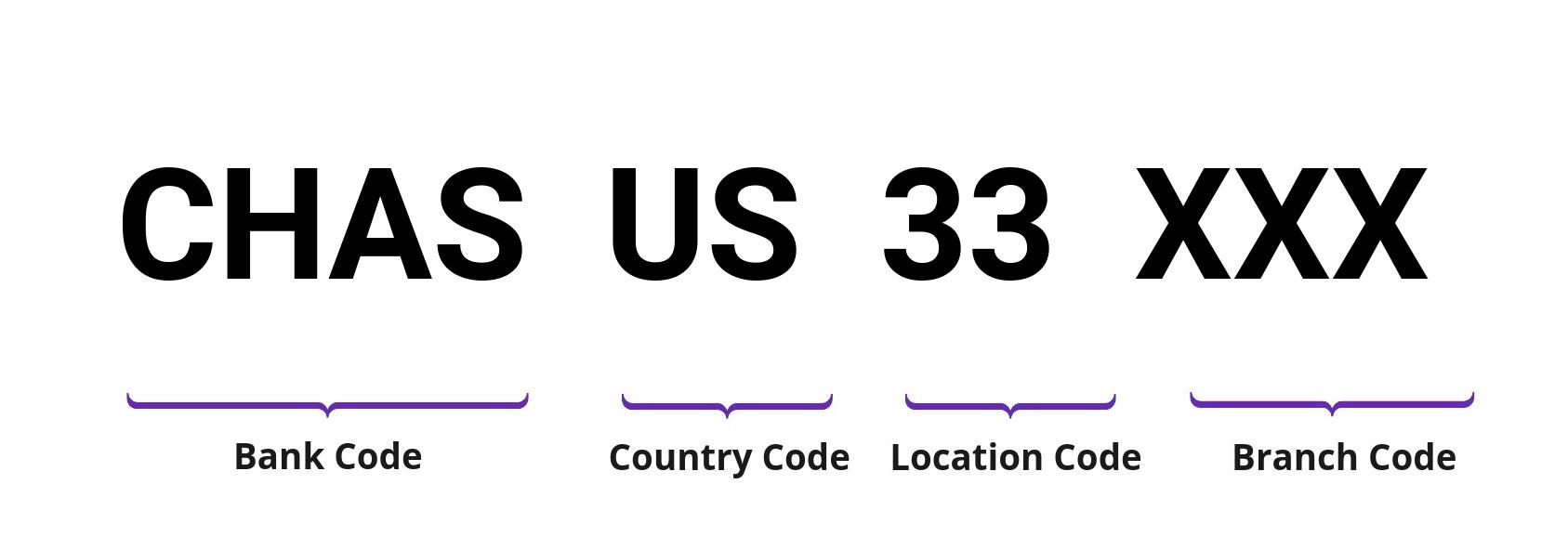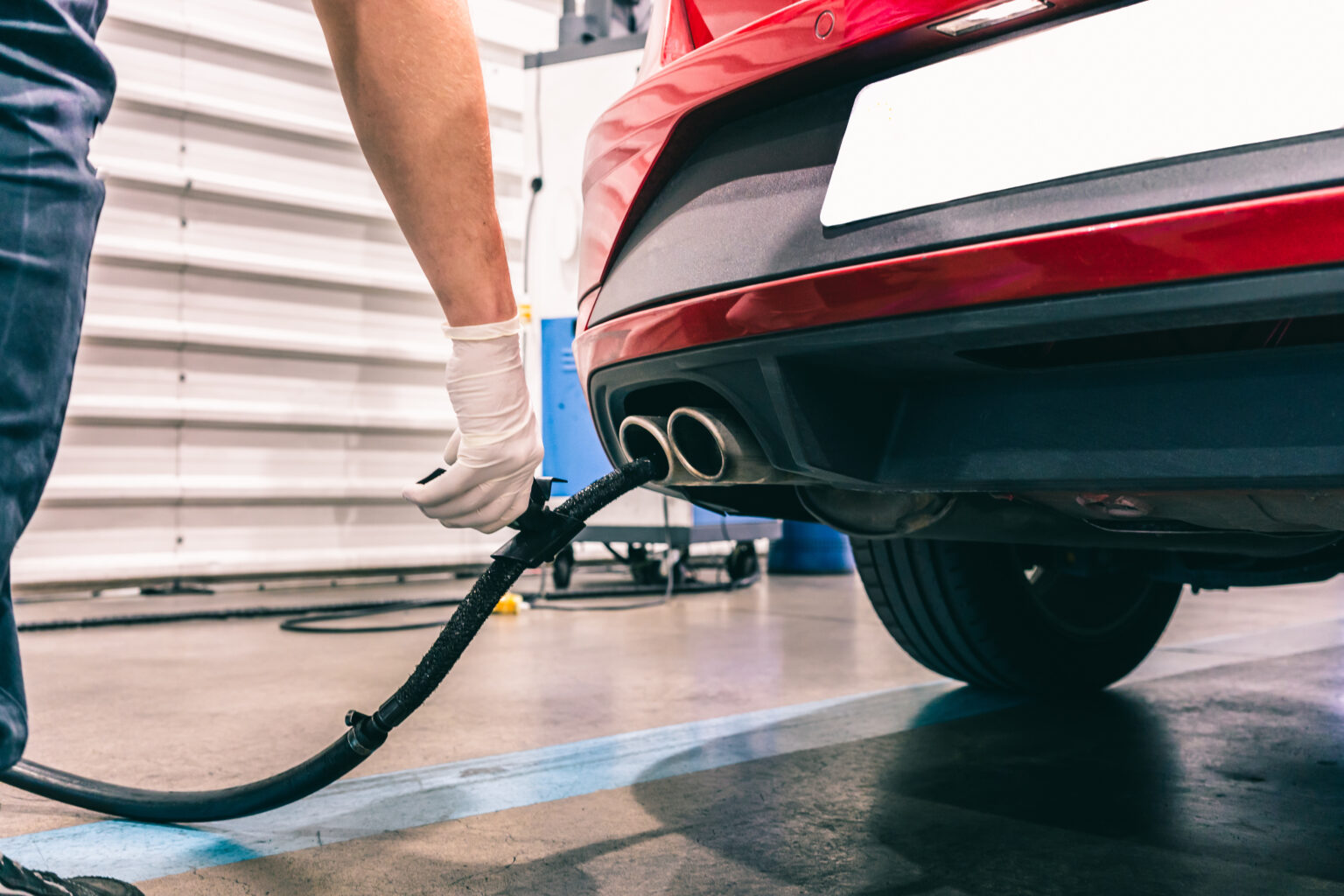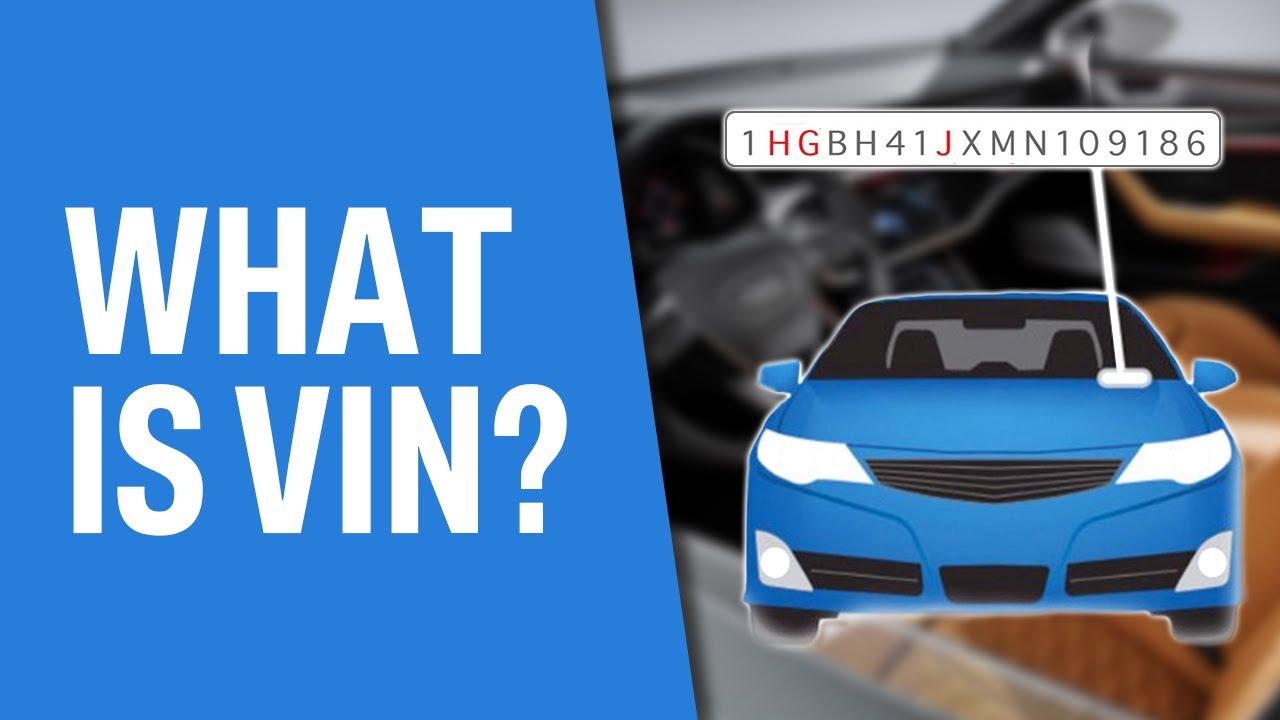Deciding between a truck vs. SUV can feel like a big choice—after all, your vehicle is not just about getting from point A to B. It’s about lifestyle, comfort, practicality, and sometimes even identity.
Both trucks and SUVs are durable, reliable, and versatile, but they shine in different areas. So, how do you know which one is right for you? Let’s break it down.
Key Takeaways
- Trucks excel at heavy-duty hauling and towing.
- SUVs are designed for comfort, passenger space, and family-friendly features.
- Trucks are often cheaper up front, but SUVs may have lower long-term repair and insurance costs.
- Both vehicles are among the most durable options on the road.
Trucks vs. SUVs: What’s the Difference?
Here are the main factors you should consider before choosing between the two.
1. Purpose
- Trucks: Built for work. They’re perfect if you need to haul lumber, tow a boat, or handle tough jobsite demands.
- SUVs: Built for comfort and versatility. If you’re driving kids to school, going on road trips, or need extra room for groceries and sports gear, an SUV is a natural fit.
2. Off-Roading Capability
Love adventure?
- Trucks: Great for open terrain, rocky climbs, and heavy-duty off-road performance.
- SUVs: More agile in tight trails and forest paths while still offering comfort.
If off-roading is your passion, check out Off-Road.com for tips and vehicle reviews.
3. Passenger Space
- Trucks: Depending on the cab size, they seat 2–6 passengers.
- SUVs: Can seat up to 8, making them better for families or carpooling.
4. Towing Capacity
- Trucks: Designed for towing. Perfect for trailers, boats, or campers.
- SUVs: Some can tow, but it depends on the make and model.
5. Fuel Efficiency
Generally, trucks burn more fuel because of their power and size. SUVs, especially compact and hybrid ones, are often more fuel efficient.
👉 Curious about saving on gas? The U.S. Department of Energy’s Fuel Economy site is a must-bookmark resource.
6. Safety
The Insurance Institute for Highway Safety (IIHS) rates SUVs more favorably than trucks in crash tests. Many SUVs also come loaded with safety tech like automatic emergency braking, blind-spot monitoring, and lane assist.
Do SUVs Last Longer Than Trucks?
Yes—on average. According to iSeeCars, SUVs dominate the list of longest-lasting vehicles. Sixteen of the top 30 most durable cars are SUVs, while trucks make up eight of the top spots.
Costs: Trucks vs. SUVs
Purchase Price
- Trucks generally cost less upfront, but higher trims and heavy-duty models can rival or exceed SUV prices.
- Smaller SUVs like the Honda CR-V or Kia Sportage often start cheaper than many trucks.
👉 Compare current prices with Edmunds new car listings.
Repair Costs
- Trucks: Average annual repair cost is $936 (according to RepairPal).
- SUVs: Average annual repair cost is $784.
Usage matters. Off-roading or heavy towing = more wear and tear = higher bills.
Insurance Costs
SUVs tend to be cheaper to insure because of their strong safety ratings and advanced tech. Features like rear cameras, lane alerts, and smartphone integration help reduce risk.
Truck vs. SUV: Which Should You Choose?
At the end of the day, the choice depends on your lifestyle:
- Pick a truck if you need raw power, towing strength, and durability for work or outdoor adventures.
- Pick an SUV if you want passenger space, family comfort, safety, and better fuel economy.
Think about how you’ll use your vehicle most days, not just once in a while—that’s the best way to decide.
Final Thoughts
Both trucks and SUVs are excellent choices, but they serve different needs. If your life revolves around heavy loads and rugged tasks, a truck will feel like your best friend. If family comfort, safety, and fuel savings are higher on your list, then an SUV is the way to go.
No matter what you choose, always compare models, check safety ratings, and get insurance quotes before signing the dotted line.
